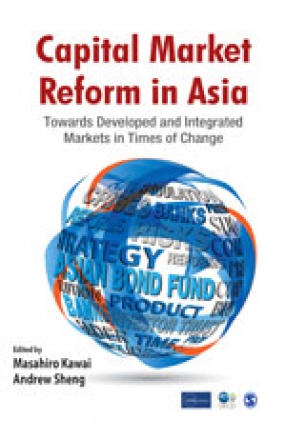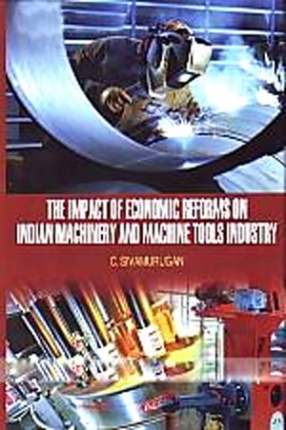Preferential trade agreements (PTAs) are accord among a set of countries involving preferential treatment of trade between any two parties to the agreement relative to their trade with the rest of the world. Preferences, however, need not extend to all trade between the two, and the coverage could depend on the type of PTAs. Customs unions and the so-called free trade areas are common forms of PTAs. PTA is established through trade pact and it is the weakest form of economic integration. Members of most PTAs belong to a well-defined geographical area such as, for example, the European Union (EU), the North American Free Trade Area (NAFTA) and the Association of Southeast Asian Nations (ASEAN). For this reason regional PTAs are called Regional Trade Agreements (RTAs). The most common form of RTAs are the euphemistically named Free Trade Areas (FTAs), with a few Customs Unions (CU) which require the partners to maintain a common external trade policy, in addition to free trade with each other. Despite the advantages of PTAs, many economists view it critically; the most important being by Jacob Viner and the famous "Spaghetti Bowl Effect" by Jagdish Bhagwati. Hence, though it is believed that PTAs are useful for trade, they also pose some obstacles for the same. This book is an attempt to illustrate some of PTAs/RTAs in addition to its concepts, developmental implications and changing landscape.
Preferential Trade Agreements: Global Experiences
In stock
Free & Quick Delivery Worldwide
reviews
Bibliographic information
Title
Preferential Trade Agreements: Global Experiences
Author
Edition
1st ed.
Publisher
ISBN
9788131414675
Length
236p.
Subjects








There are no reviews yet.